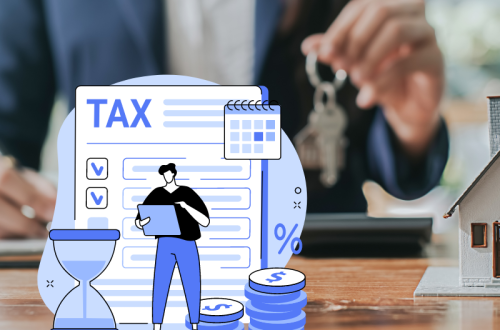Upfront cost is a term used to describe the initial amount of money that a buyer needs to pay before purchasing a home. It includes the down payment and closing costs, which can vary by property type and lender.
The upfront cost of buying a home should be estimated before you start shopping for a house. This will help you set a savings goal and shop within your budget.
1. Down payment
A down payment is a one-time sum of money that you pay upfront on the purchase of a home. It typically represents a percentage of the property’s total value and is required by lenders to approve a loan.
It’s important to know how much you need to save for a down payment before you begin the home-buying process. The amount you choose will have a significant impact on your mortgage options and other costs, including interest rate and fees.
Lenders generally require a down payment of 3 to 5 percent. If you can afford a larger down payment, it will be helpful to lower your monthly payments and reduce the overall cost of your mortgage over the life of your loan.
2. Closing costs
Closing costs are the fees you’ll pay at closing when you buy a home. They can make up about 2-5% of the mortgage amount, and they’re a common part of the home buying process.
During the loan application process, your lender will provide you with an official “Loan Estimate” that includes the closing costs. This helps you get a better idea of what your costs will be and whether it’s worth it to shop around for a different lender.
Some of the costs you’ll likely encounter at closing include fees for appraisals, credit reports, flood certification, pest inspections, and title insurance. They can be confusing, but there are ways to limit your out-of-pocket expenses and avoid last-minute surprises when you close on your new home.
3. Mortgage broker fees
Before you choose a mortgage broker, you need to know how much upfront cost you will incur. These fees are typically 1% to 2% of the total loan amount.
The exact amount that you will owe on these costs will depend on the mortgage broker and lender you use. You can compare different brokers’ fee schedules to find the best fit for you and your home.
The compensation structure of mortgage brokers varies widely, depending on a broker’s area of specialty, experience and volume of business. A broker who oversees large transactions or works in an upscale, high-cost market will likely command higher earnings.
4. Inspection fees
Your lender will usually require an inspection of the home you’re buying to make sure it’s livable and structurally sound. You may be able to roll these costs into your loan or you can pay them out of pocket, depending on your financial situation.
In most cases, the cost of an inspection will depend on the type of property you’re buying and where it is located. Lenders usually provide a list of qualified inspectors in your area, so you can choose one that suits your needs.
Inspection fees help ensure that businesses and individuals comply with regulations and standards, which can lead to a greater level of trust in the government or inspection body. They also provide revenue for the government, which can be used to fund public services and infrastructure.
5. Taxes
Typically, a down payment is 5%-20% of the total purchase price. This upfront cost helps you qualify for a mortgage and gives lenders the sense that you have a good track record of saving money. Putting money towards your down payment also allows you to reduce your debt-to-income (DTI) ratio, which makes it easier to get approved for the mortgage. Down payments can be obtained through gifting, selling stock or other assets, and borrowing from family members. A tax advisor can help you determine whether the amount of a down payment will be tax-deductible. In most cases, the down payment will be tax-deductible on your federal income tax return for the year of the purchase. Depending on your state, you may be subject to state taxes on the down payment, too.

